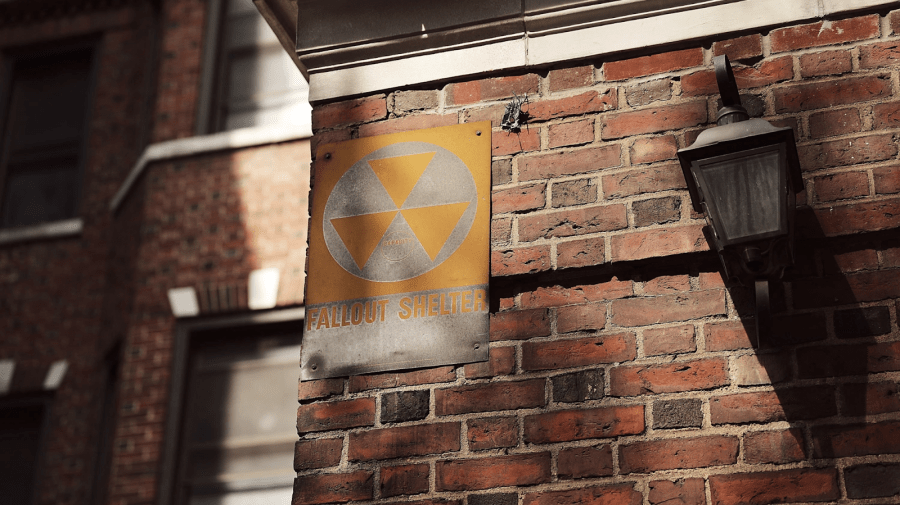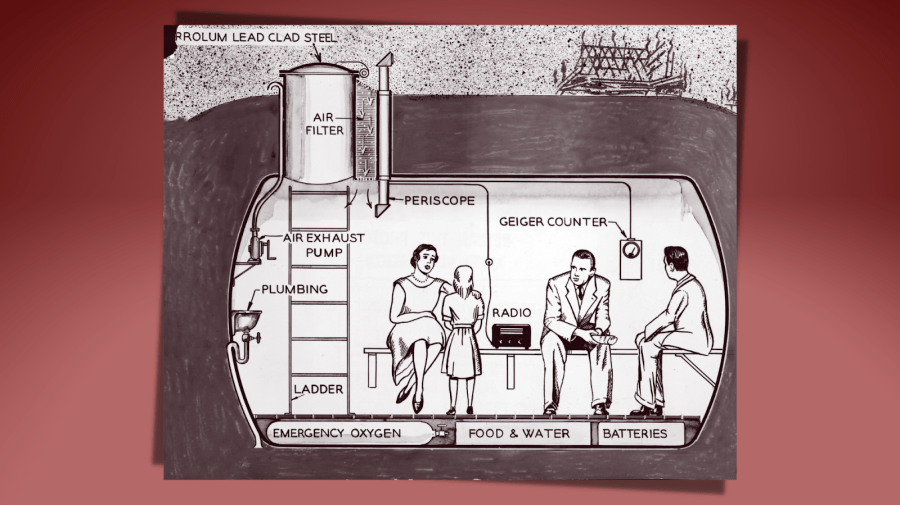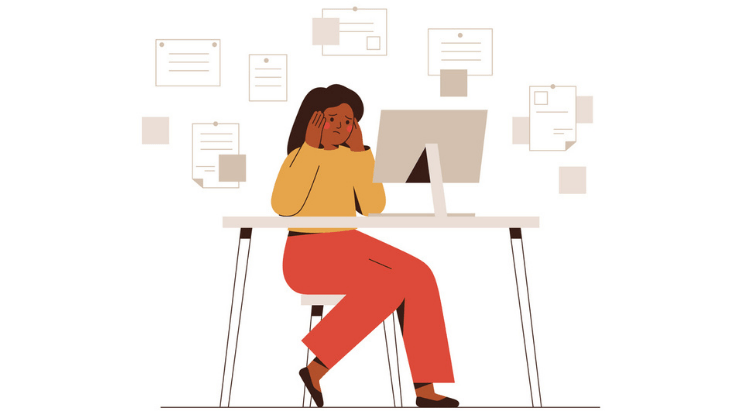How to Survive a Nuclear War: Tips for Staying Safe Before, During & After a Nuclear Disaster

You probably didn’t think you’d be searching how to survive nuclear war in 2022, but, if you have been, you aren’t alone in expressing that anxiety. In the wake of Vladimir Putin’s invasion of Ukraine, NATO (North Atlantic Treaty Organization) countries, such as the United States, condemned Putin’s actions. Still, the war remains ongoing.
While world leaders are doing what they can to help de-escalate the situation, you might be feeling some of that Cold War anxiety that seems like it should be a thing of the past. During the Cold War, which lasted between 1946 and 1991, the United States and the Soviet Union, which included Russia, were locked in a nuclear arms race that saw countries building up large stockpiles of nuclear weapons.
All of this culminated with the Cuban Missile Crisis in October of 1962; an American spy plane photographed nuclear missile sites that were under construction in Cuba, leading to a 12-day crisis and, eventually, the signing of the Limited Nuclear Test Ban Treaty.
Most likely, these world leaders will find a way to resolve the conflict without resorting to nuclear measures, but that doesn’t mean you can just turn off that anxiety about nuclear war. Sometimes knowing how to be prepared for a disaster, even if it’s not likely to impact you, can help soothe some of that fear. Here, we’re reviewing must-know tips when it comes to staying safe from radiation in the event of a nuclear disaster.
How to Prepare Before a Nuclear Disaster Occurs
Before a nuclear disaster occurs, it’s important to take the time to do three things. First, identify shelter areas. These include the middle rooms of larger buildings, especially brick or concrete buildings, and underground spaces, such as basements.
It’s also important to create an emergency supply kit that will last a few days. Your supplies should include must-haves like emergency medication; bottled water; packaged foods (canned goods or other pantry items); a flashlight with backup batteries; dust masks; waterproof gloves; and a hand-crank or battery-powered radio to receive information. Of course, depending on if you plan to shelter with family members, children or pets, your emergency supply kit needs may differ.
Want to have more food in stock than just canned goods? If you’re not already a gardener, you could also learn how to build and maintain a fruit and vegetable garden. Keep in mind that seeds have a limited window of viability — often, one to five years depending on the seed — so, if you collect seeds, you should store them in a cool, dry place where they aren’t exposed to extreme temperature fluctuations or moisture.

What to Do During a Nuclear Disaster
If you have a warning that a nuclear disaster is imminent, get inside the nearest suitable building and move away from the windows. It’s also best to turn away from the exterior walls and cover your eyes.
If you’re in a vehicle, find a safe place to pull over, duck down, and find a way to protect your face. If you are outside and away from a building or a vehicle, lie face down. Once the initial blast subsides, you have 10 minutes to find a place to shelter — you’ll want to be inside before the fallout stage occurs as coming into contact with radioactive particles can have an irreversible impact on your health.
Surviving the Fallout: What You Should Do After You’re Inside
Once you’re inside your chosen shelter, remove your outer layer of clothing and any jewelry immediately. Be sure to seal your clothing in jewelry in a plastic bag; these steps help to ensure that any traces of radiation aren’t lingering on your person or contaminating surfaces in your fallout shelter.
Next, use a tissue to blow your nose, wipe behind and in your ears, and clean your eyelids; again, this helps remove potential debris. Once you’re done, seal the tissue(s) inside the plastic bag along with your clothing. Depending on your shelter’s resources, either take a shower or bath with soap and water or use a wet cloth to clean your skin. Remember: body lotions, face creams, and conditioners will trap radiation particles between the product and your skin, so avoid them at all costs.
Be sure to wash any pets who were outside after the fallout with soap and water; while doing so, wear a mask and gloves to cover any cuts, ensuring that radioactive material won’t enter any open wounds. Once your pet is clean, wash your hands, face and any other exposed skin.
Although pet food sealed in cans, bottles, or boxes will be safe for animals to eat, wipe off the containers with a damp cloth first before opening the food for your pet. It’s also a good idea to wipe down your pet’s bowls, too. Again, any materials used to clean your pet or their items should be placed in that sealed bag or another sealable container. Since your pet can’t go outside during the fallout, be sure to designate a place for them to relieve themselves; when removing any soiled material, use gloves and seal the materials in a plastic bag for safe disposal.
As for human food, don’t consume any liquid or food that was uncovered outside during the disaster or the fallout. Once you, your loved ones, and your pets are safe in a shelter, turn on your radio to listen for news on the status of the disaster or updated safety instructions.

While the odds of a nuclear disaster or nuclear war happening are low, knowing how to prepare and protect yourself may relieve some of your anxiety. Staying up-to-date on the news surrounding these high-tension events is part of being informed, but, if it’s becoming too much, try taking a digital detox. Setting boundaries for your mental and emotional health is essential — social media, on the other hand, can wait.
If you already see a therapist or other mental health professional, don’t be embarrassed about bringing up these anxieties, and, if you aren’t currently seeing someone, seeking out professional mental health services or support may help alleviate some of those heavy feelings of stress or unease.





